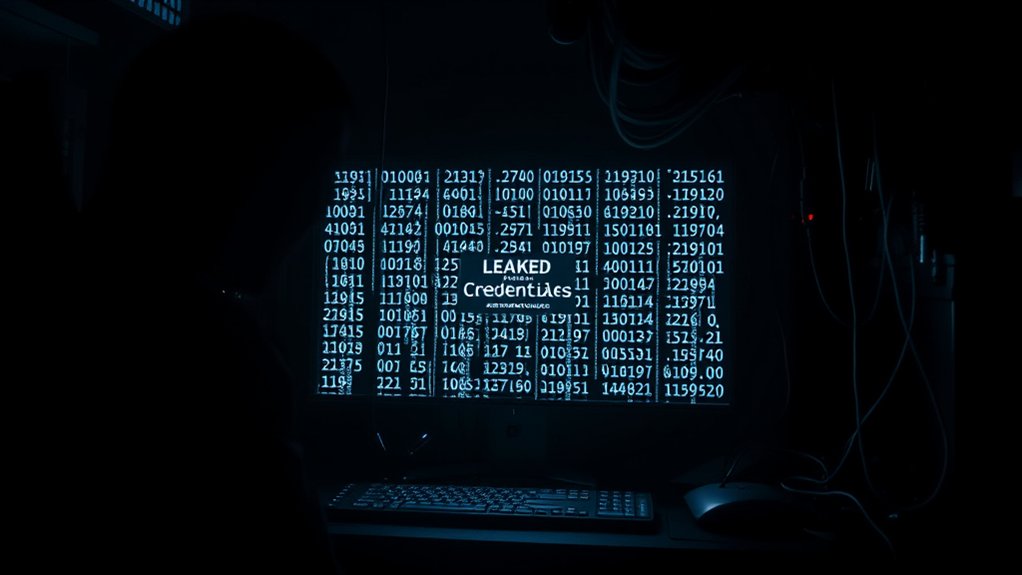A considerable cybersecurity incident involving Deloitte has emerged, with the threat actor known as “303” claiming responsibility for the leak of sensitive internal GitHub credentials. This breach reportedly affects source code from Deloitte’s U.S. consulting division, which is critical in maintaining operations for the firm’s considerable clientele. The credentials have been posted on well-known dark web forums, potentially facilitating unauthorized access to Deloitte’s internal development infrastructure.
The leak allegedly includes GitHub usernames and passwords, proprietary source code, configuration files, and repository information. Given Deloitte’s status as a “Big Four” accounting and consulting firm, the breach raises serious questions about the security of the sensitive data handled by major global corporations and governments. The persistent threat of cyberattacks on global organizations underscores the importance of robust cybersecurity measures, especially for firms like Deloitte. The scope of the leak remains under investigation, but its ramifications could extend to multiple client and internal initiatives, highlighting the considerable risks posed by unauthorized data exposure. Additionally, the compromised data could jeopardize the integrity of entire projects, as code repositories often contain critical developmental resources.
The breach raises significant concerns about the security of sensitive data for major corporations and governments.
Deloitte has faced scrutiny for previous cybersecurity incidents, including claims from the Brain Cipher ransomware group in early 2024, which the firm asserted did not greatly impact internal systems. Nevertheless, the history of credential leak incidents dates back to 2017, involving previous incidents where operational details were exposed through public-facing GitHub repositories. These patterns indicate a persistent vulnerability to cyber intrusions. System misconfigurations and weak credentials often create significant security gaps that malicious actors can readily exploit.
The threat actor “303” has a notable history, previously targeting large corporations and government entities, with past attacks affecting an Indian software company and various insurance providers. This current breach emphasizes a troubling trend concerning code-sharing platforms and the dangers of inadequate cybersecurity measures.
The implications for intellectual property theft loom large, as exposed data could jeopardize proprietary assets and clients’ trust. Deloitte has yet to confirm the full extent of the breach, stating the importance of maintaining client confidentiality as ongoing investigations aim to ascertain the impact.
This incident reinforces the urgent need for substantial access controls and highlights the persistent vulnerabilities facing organizations within an evolving cybersecurity environment.









